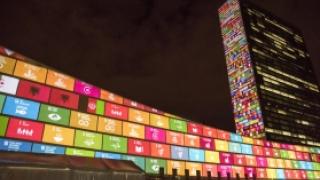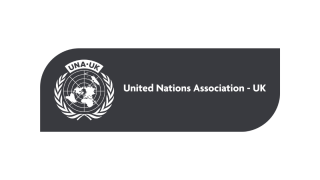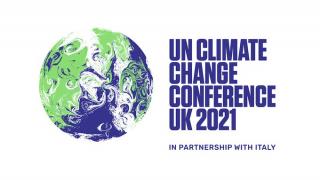
A new set of global goals was ratified by UN member states on Friday, marking a new era for international development. The Sustainable Development Goals (SDGs) will be the successor to the Millennium Development Goals (MDGs), which will expire at the end of 2015.
Speaking at the Summit, Secretary of State for International Development, Justine Greening, said "We must now continue to play our part in helping people the poorest and most vulnerable to find stability, prosperity and opportunity. This is not just the right thing to do. It is firmly in Britain’s own long-term interests."
With 17 goals and 169 targets, the SDGs are vastly more complex and ambitious than their predecessor, which had only eight goals and 21 targets. While the MDGs succeeded in lifting 700 million people out of extreme poverty, they failed to improve the lives of people in fragile and conflict-struck countries. According to the World Bank, approximately one billion people still live on less than $1.25 a day, and the World Food Programme reports that around 795 million do not have enough food to eat.
The SDGs seek to ensure that in the next 15 years of international development, no one is left behind. Unlike the MDGs, the new goals are the product of the largest consultation programme in the UN’s 70-year history in a bid to be more inclusive and universal. Rather than setting standards for poorer countries to achieve with the support of wealthier states, the new goals require every country to realise their success.
As 60 experts emphasise in our publication, Global development goals: partnerships for progress, the post-2015 agenda is rooted in partnerships - between governments, the private sector and civil society. Specifically, the SDGs provide greater scope for tapping into the private sector's wealth of knowledge, resources and finance. The goals also provide greater opportunities for civil society engagement, particularly at a grassroots level.
UNA-UK has previously called for the UK to ensure that the new framework is given sufficient - and innovative - financing, that institutional reforms are considered to boost the goals' efficacy and that robust monitoring and reporting mechanisms are put in place to evaluate implementation. The indicators for the SDGs - which will ultimately determine how we measure the success of the SDGs - are currently being assessed by an expert group for feasibility, suitability and relevance. They are due to be finalised in March 2016.
Photo: Ahead of the UN Sustainable Development Summit and to mark the 70th anniversary of the United Nations, a 10-minute film introducing the Sustainable Development Goals is projected onto the UN Headquarters. Copyright UN Photo/Cia Pak






